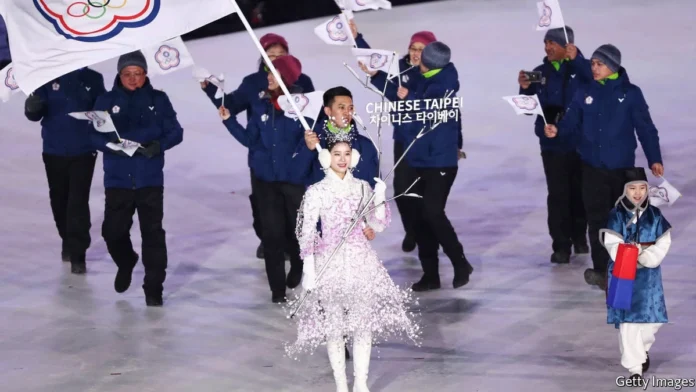Picture this. You’re settled in with your chai, the Olympics or maybe the Asian Games are on TV. The Parade of Nations begins. India gets a huge cheer, of course. Then, a team marches out under a banner that says “Chinese Taipei.” You see their flag it’s not one you recognize from your school geography lessons. And you think to yourself, “Wait, where on earth is that? Is that part of China? Is it something else?”
If you’ve ever had that moment of confusion, you’re not alone. I’ve been there. It’s a bit of a head-scratcher.
Let’s be honest, the name “Chinese Taipei” is one of the most curious and politically charged terms in international sport. It’s not just a name; it’s the result of a decades-long political tightrope walk, a story of civil war, global power shifts, and a compromise that leaves almost no one truly happy. So, let’s sit down and unpack this. Why does Taiwan compete under this very specific, very unusual name? The answer is a fascinating trip through modern history.
Let’s Get One Thing Straight | It’s About Taiwan, But It’s Not That Simple
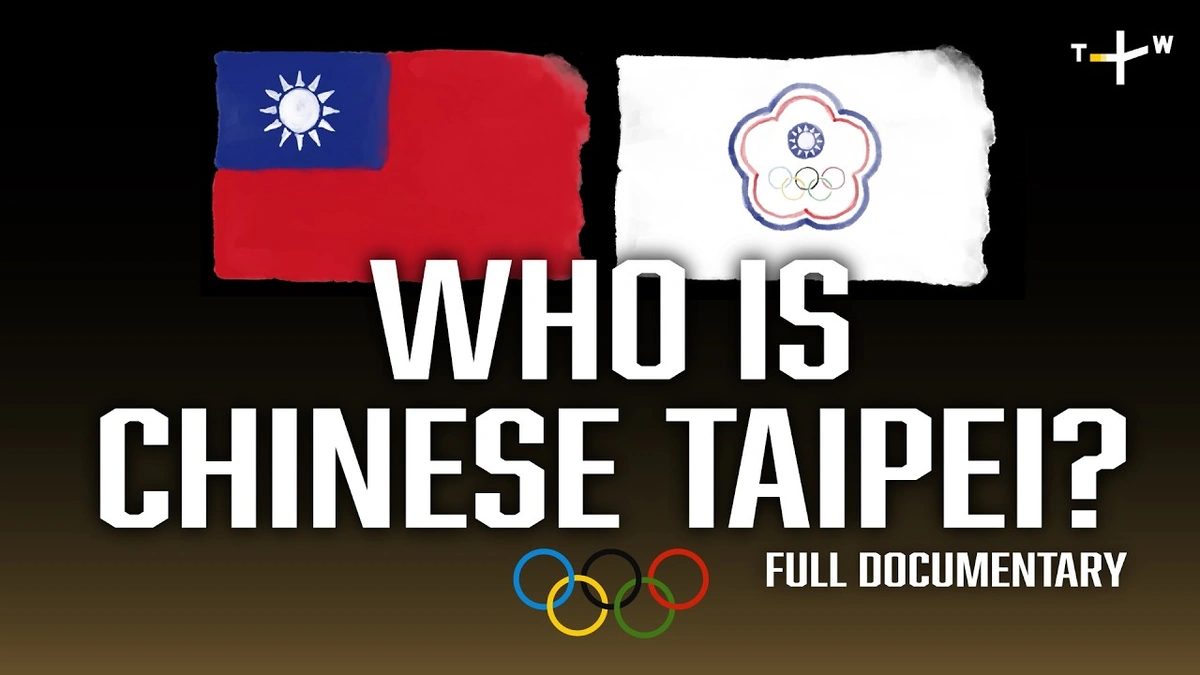
First things first: when you see Chinese Taipei , you are watching athletes from Taiwan. The island nation, officially known as the Republic of China (ROC), sits off the southeastern coast of mainland China.
So why not just call it Taiwan? Or the Republic of China?
Here’s the core of the issue: there are two governments that have historically laid claim to the title of “China.”
- The People’s Republic of China (PRC): This is the government based in Beijing that controls mainland China. It’s the “China” we most often refer to today.
- The Republic of China (ROC): This is the government based in Taipei, which currently administers Taiwan and its surrounding islands.
The PRC has a strict policy known as the “One China” policy , which asserts that there is only one sovereign state under the name of China and that Taiwan is part of it. Because of its immense global influence, the PRC pressures international organizations and countries to not recognize the ROC (Taiwan) as an independent country. If an organization lets Taiwan participate as the “Republic of China,” the PRC will almost certainly boycott the event.
This political standoff is the entire reason the name “Chinese Taipei” even exists.
A Quick History Lesson (Don’t Worry, It’s the Interesting Kind)
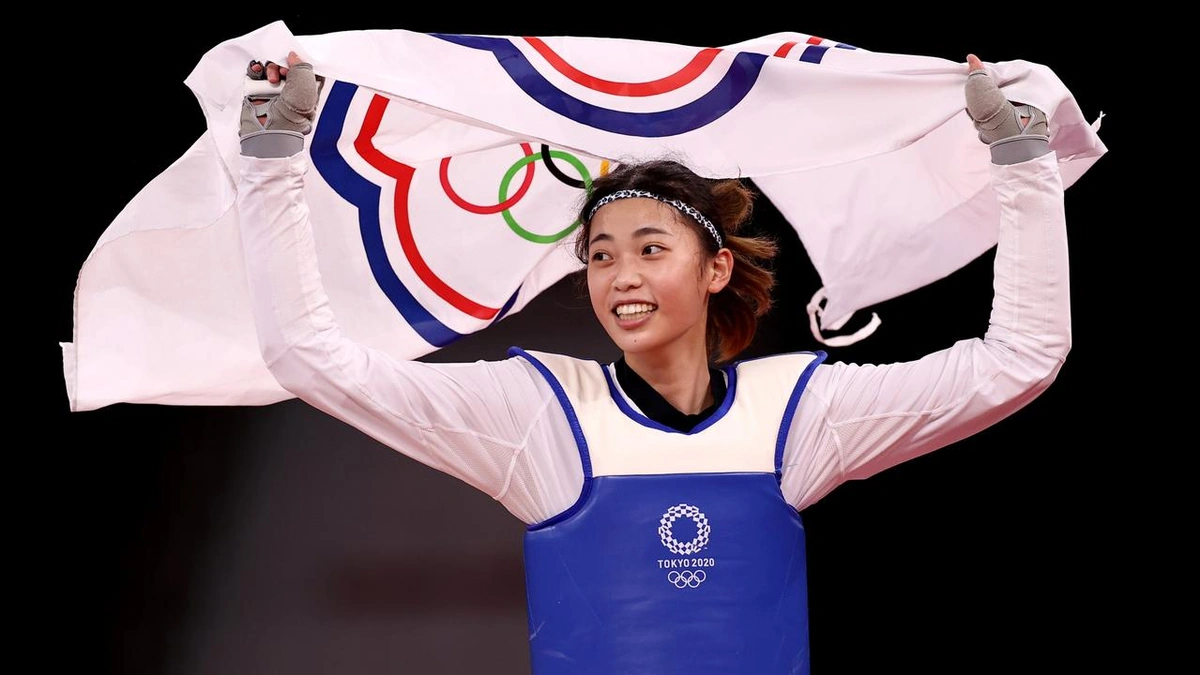
To really get it, we need to rewind to 1949. The Chinese Civil War, which had been raging for decades, came to an end. The Communists, led by Mao Zedong, founded the People’s Republic of China (PRC) on the mainland. The losing side, the Nationalists (the Kuomintang), led by Chiang Kai-shek, fled to the island of Taiwan and continued their government, the Republic of China (ROC).
For the next couple of decades, it was a bizarre situation. Both governments claimed to be the real China. Initially, many Western countries, including the United States and the United Nations, recognized the ROC in Taiwan as the legitimate government. During this time, Taiwan competed in the Olympics as the “Republic of China.”
But then, the geopolitical plates shifted. In the 1970s, it became impossible to ignore the massive country of mainland China. In 1971, the UN voted to recognize the PRC, and the ROC was expelled. The US formally recognized the PRC in 1979. Suddenly, the Republic of China on Taiwan lost most of its official Taiwan international recognition .
This created a massive diplomatic and sporting crisis. How could Taiwan participate in global events like the Olympics if the world no longer officially recognized it as a country, and mainland China would boycott if they did?
The “Nagoya Resolution” | A Name Born from a Political Deadlock
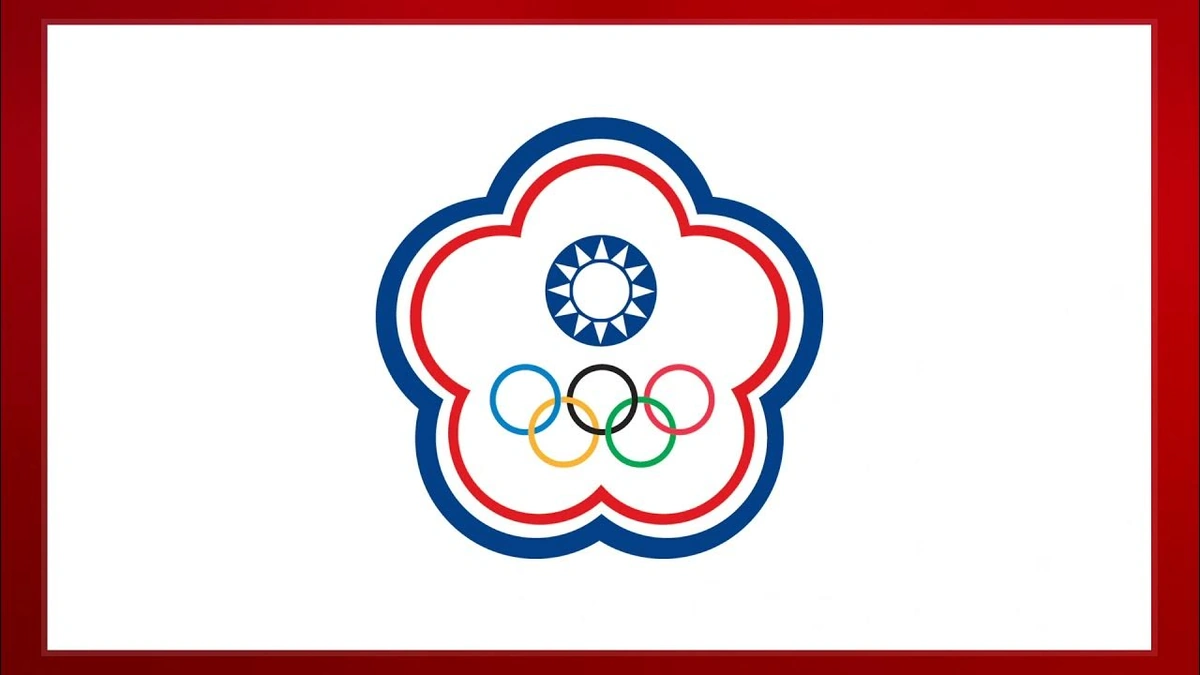
This is where things get really interesting. The International Olympic Committee (IOC) was stuck between a rock and a hard place. They wanted athletes from both sides to be able to compete, but the politics were a nightmare.
After years of boycotts and disputes, the IOC finally brokered a deal in 1979. It’s known as the Nagoya Resolution . This was the master compromise or diplomatic fudge, depending on how you look at it that created the identity of “Chinese Taipei.” I initially thought this was a recent development, but its roots go back over 40 years.
The terms were very specific:
- The Name: The ROC Olympic Committee would be renamed the “Chinese Taipei Olympic Committee.” The name was deliberately ambiguous. “Taipei” clearly points to the capital of Taiwan, grounding it geographically. The “Chinese” part was a concession to Beijing, acknowledging their claim under the One China policy without explicitly saying Taiwan is part of the PRC.
- The Flag: They could no longer use the official ROC national flag. Instead, they had to design a new one for sporting events—the “Chinese Taipei” Olympic flag, which features the Olympic rings and their national flower.
- The Anthem: They couldn’t play their national anthem when an athlete won a gold medal. Instead, a specially created song called the “National Flag Anthem” is used.
This compromise allowed Taiwan’s athletes to compete on the world stage without triggering a boycott from the People’s Republic of China . It was a pragmatic solution to a seemingly impossible political problem. And it’s the reason why the taiwan olympics name is what it is today.
More Than Just a Name | What This Means for Athletes and Identity
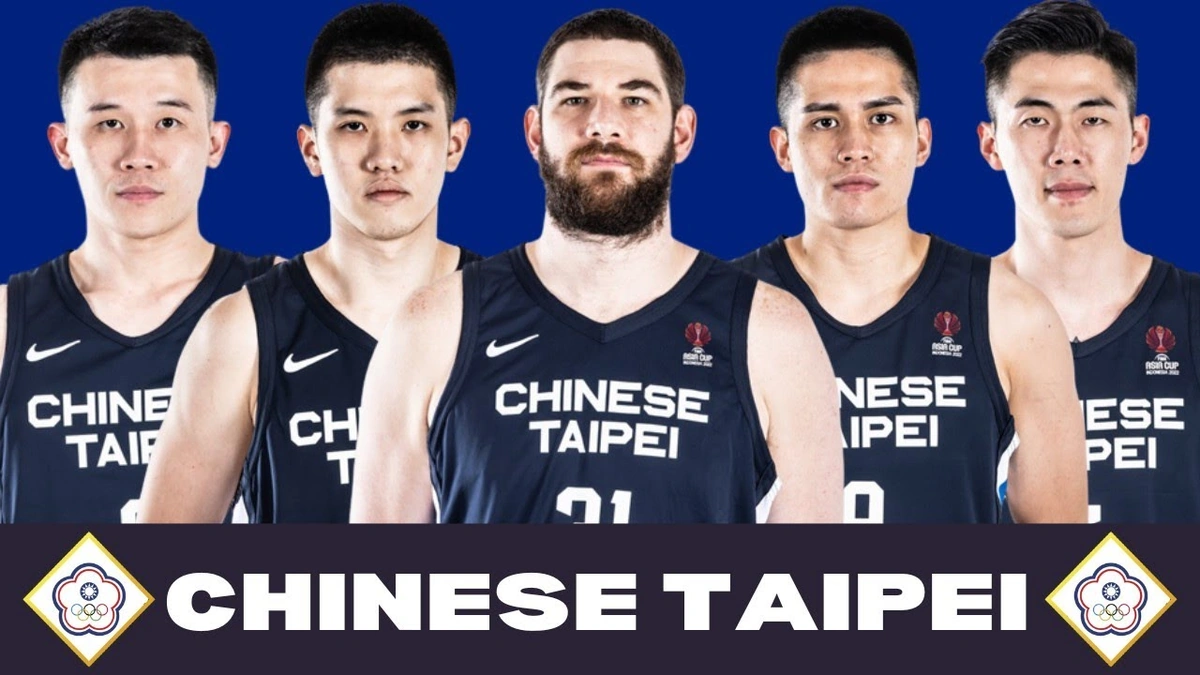
So, we have the “why.” But what’s the real-world impact? For many of Taiwan’s 23 million people, the name “Chinese Taipei” is a constant, frustrating reminder of their difficult political situation. They see themselves as Taiwanese, a distinct identity from mainland China, and feel the name erases that identity on the world stage. The pursuit for a unique name is a potent force, one that can be seen even in the personal branding of public figures like Raja Jackson .
Imagine being an athlete. You train your entire life to represent your home, your people, your culture. But when you step onto that podium, the flag that’s raised and the anthem that’s played are not the ones you grew up with. They are symbols of a political compromise you had no say in. It’s a complex emotional burden to carry.
There have been several movements and even referendums within Taiwan to change the name to just “Taiwan” for the Olympics. However, these efforts have always faced immense pressure from two directions: from Beijing, which sees it as a move toward formal independence, and from the IOC, which warns that changing the name would violate the Nagoya Resolution and could lead to Taiwan being barred from the Games entirely. The rivalry is intense, sometimes feeling like the sporting tension between Aus vs SA but played on a geopolitical field.
Your Questions About “Chinese Taipei”, Answered
What if I forgot my application number?
If you forgot your application number, you can usually retrieve it from the official NTA website. Look for a “Forgot Application Number” link on the login page. You’ll typically need to enter your name, your parents’ names, and your date of birth to recover it.
What if there’s a mistake on my admit card?
If you find any discrepancy in your photograph, signature, or personal details on the admit card, you should immediately contact the NTA helpdesk. Their contact details are always provided in the official information bulletin and on the website. Don’t wait until the last minute!
Why not just call it “Taiwan”?
In short, politics. The People’s Republic of China (mainland China) considers Taiwan a breakaway province and objects to any use of the name “Taiwan” in international forums, as it implies statehood. To ensure athletes from both mainland China and Taiwan can compete, the compromise name “Chinese Taipei” was created and is enforced by organizations like the IOC.
Is “Chinese Taipei” the same as China?
No. “Chinese Taipei” is the name used by the team from Taiwan (governed by the Republic of China). “China” refers to the team from the People’s Republic of China. They are two separate teams competing in the same events.
What flag and anthem do they use?
They cannot use their official national flag or anthem. Instead, they use the “Chinese Taipei Olympic flag” and listen to the “National Flag Anthem” during medal ceremonies. This was a key part of the Nagoya Resolution compromise of 1979.
How do people in Taiwan feel about this name?
Feelings are mixed and strong. Many people, particularly the younger generation, dislike the name and feel it diminishes their national identity. They would much prefer to compete as “Taiwan.” Others accept it as a pragmatic, if unfortunate, necessity that allows their athletes to participate on the world stage.
So, the next time you’re watching a global sporting event and you see the “Chinese Taipei” delegation march in, you’ll know you’re seeing more than just a team. You’re witnessing a living piece of history a story of civil war, diplomatic tightropes, national pride, and the relentless spirit of athletes caught in the middle. It’s a compromise written in the language of geopolitics, played out for the entire world to see.

